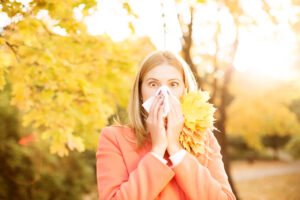Children going back school may bring up lots of excitement but also question and hesitation about whether your child will be safe.
If your child is of primary school age, like mine, they will be part of the unvaccinated population who may be more prone to getting sick or have to go to hospital for COVID.
With the Delta virus, it has been highly transmissible between people.
Children can get COVID, but funnily enough only 50% will get MILD symptoms and 50% will get NO symptoms at all. Scientists are not sure why this happens but it is thought that a child’s immune system is better at fighting the virus vs an adult.
What if your child does get covid what symptoms will they get? They get mild symptoms which include:
- Runny nose
- Cough
- Tiredness
- Fever
- Gastrointestinal symptoms like nausea, vomiting, diarrhoea.
Majority of children will only need care at home with their symptoms lasting about 5-6 days. A small percentage of children will require hospitalisation where they may be treated with oxygen and fluids. The rate of hospitalisation due to COVID is the same as for other respiratory illnesses in children such as asthma and RSV.
Funnily enough, some children will be hospitalised NOT because they are ill but because their parents/caregivers are so sick with COVID the children are unable to be cared for at home that they are sent to hospital for this reason instead.
How can we protect our children going back to school?
- Having all eligible people getting vaccinated such as parents, grandparents and teenager family members. It’s found that adults are more likely to pass on the virus to children instead of the other way around.
- Getting children to wear a mask at school as another layer of protection. For tips on this follow our social pages.
- Washing/sanitizing their hands before eating
- Avoid touching their eyes, nose and mouth
- Cough etiquette
- Staying at home when unwell and getting COVID tested.
- Using a mask lanyard so face masks don’t get lost or put on by a different child
Ways we can boost their immune system to make it work optimally
- Getting a good night’s rest which will increase cytokine production which are needed to fight infections
- Healthy and varied diet – can use supplements such as multivitamins and probiotics for the fussy eater
- Exercise
As time goes on, more information will be released about whether a COVID vaccine will be available for children under 12 years old and Rapid Antigen Tests for detection of COVID in a self test. Watch this Space!



